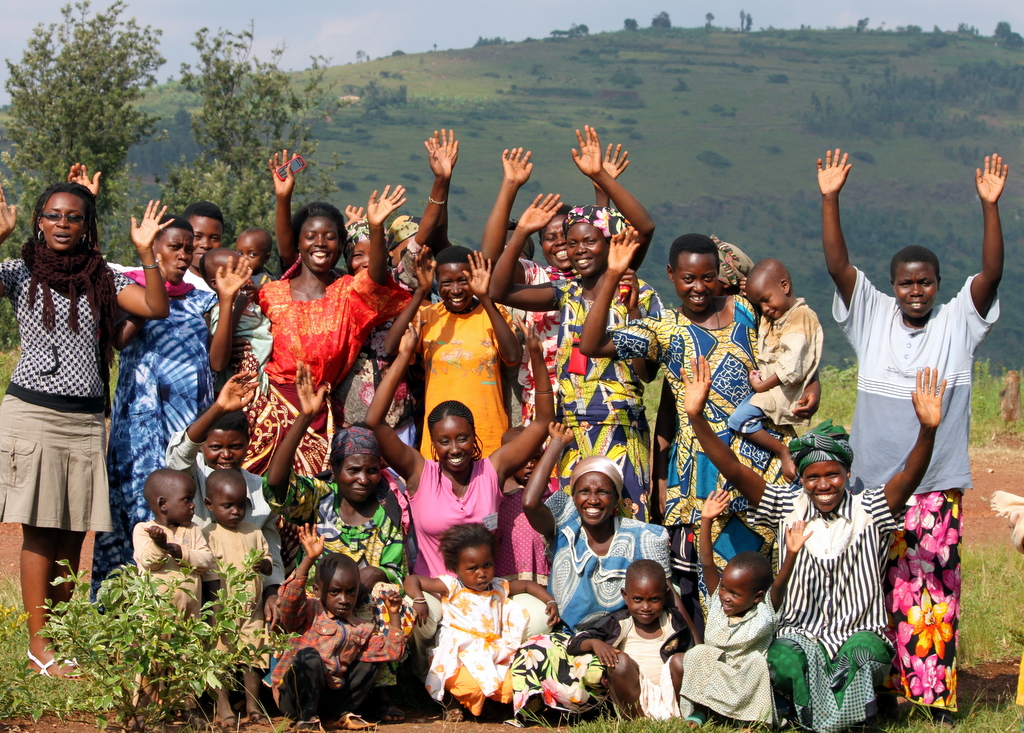I am a very fortunate Rwandan woman: I was able to attend school throughout my childhood and graduate from university. Others, however, have not been quite as lucky. Due to various circumstances—displacement from the genocide, the financial burden of schooling, obligations at home—many women, and men for that matter, did not have access to an education as they were growing up.
For many of the women enrolled in GHI’s health and nutrition classes, our 14 week training program is the first time they have been in a “classroom;” it is the first time they have had access to an education, however big or small.
Many of these women are no different than me. Grace, who I am now lucky enough to call a friend, is my age, just twenty-seven, and has already had seven children. She has admitted to me that before entering our program, she felt overwhelmed in how to raise a healthy family. Upon graduation, however, Grace tells me that she now feels confident and prepared to care for herself and for her children. She knows how to prepare a well-balanced meal and how important it is to regularly wash hands. These are things that I may have taken for granted as they are such a small part of my own personal education, but for the women we work with, this knowledge can make all the difference between perceived inability and justified empowerment.
Many women have told me that after they became mothers, they feared their chance at an education had passed, that no one would want to take the time to teach them. Seeing the joy that resonates from the mothers as they participate in our program, as they attain new skills, and as they realize they still have the opportunity to learn, keeps me excited and motivated to come to work each and every day. There were many reasons why these women could not go to school as children, but as adults, we are giving them a second chance at an education. And that, without a doubt, is the most rewarding part of my job.

